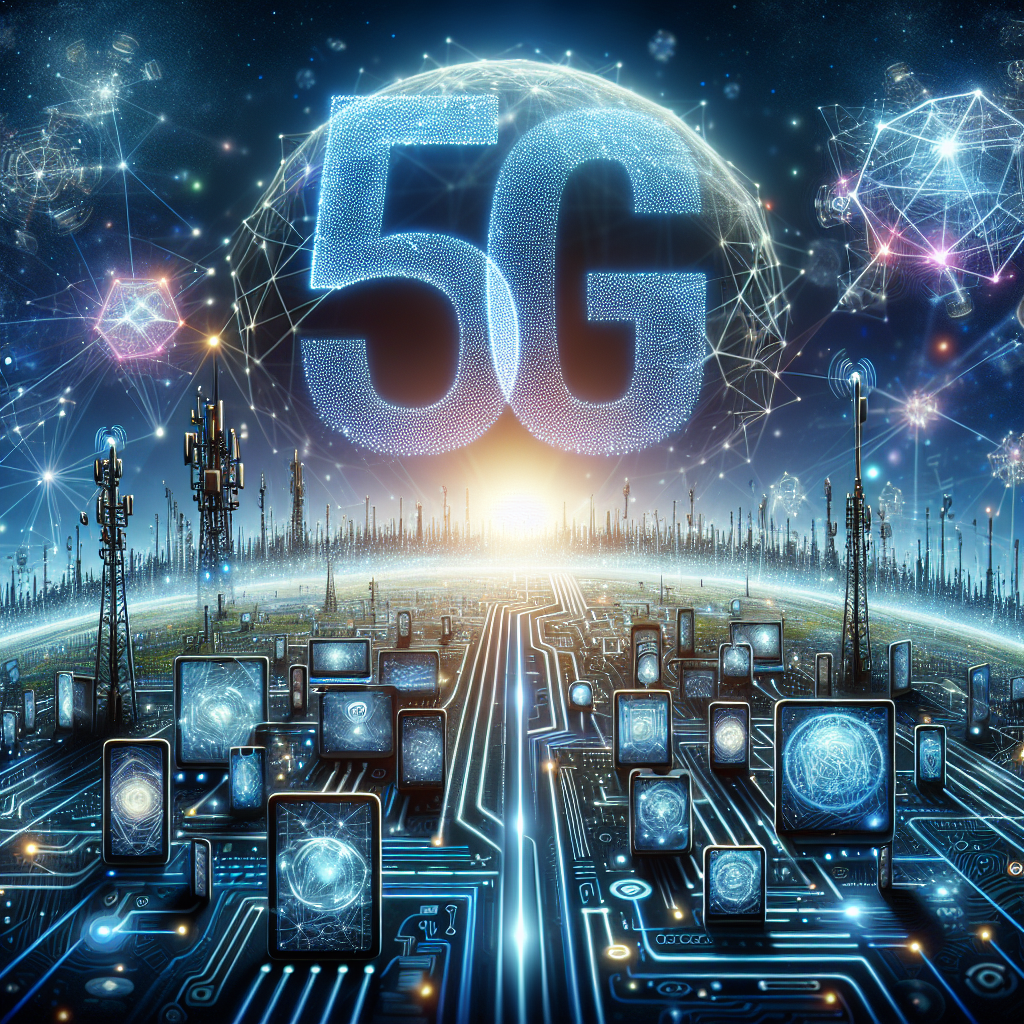The world of technology is constantly evolving, and one of the most anticipated advancements in recent years is the implementation of 5G technology. With promises of faster speeds, lower latency, and the ability to connect more devices than ever before, 5G has the potential to revolutionize the way we live, work, and communicate. In this article, we will dive into the world of 5G technology, exploring its capabilities, impact, and what the future holds for connectivity.
The Basics of 5G
5G stands for the fifth generation of wireless technology, succeeding 4G LTE. It is designed to provide faster and more reliable wireless communication, with speeds expected to be up to 100 times faster than 4G. This means that downloading large files, streaming high-definition videos, and gaming online will become virtually instantaneous. 5G also boasts lower latency, which is the time it takes for a data transfer to occur, making real-time interactions such as video calls and online gaming smoother and more responsive.
Implications for Industries
The implementation of 5G technology has the potential to revolutionize various industries, including healthcare, manufacturing, transportation, and entertainment. In healthcare, for example, 5G can enable remote surgeries and real-time monitoring of patients, while in manufacturing, it can enhance automation and precision. Additionally, the transportation sector can benefit from improved traffic management and autonomous vehicles, while the entertainment industry can offer immersive experiences through augmented reality and virtual reality.
Challenges and Opportunities
While the promise of 5G is exciting, there are also challenges that come with its implementation. One of the main challenges is the infrastructure required to support 5G networks, including the installation of small cell antennas and the development of compatible devices. However, the opportunities that 5G presents are significant, from enabling smart cities and IoT devices to transforming how we interact with technology on a daily basis.
Privacy and Security Concerns
As with any advancement in technology, privacy and security concerns arise with the introduction of 5G. The increased connectivity and data transmission capabilities of 5G networks raise questions about the protection of personal information and the potential for cyber threats. It is crucial for stakeholders to address these concerns and implement robust security measures to safeguard against potential risks.
Conclusion
5G technology represents a significant leap forward in connectivity, with the potential to impact various industries and the way we experience technology in our daily lives. While there are challenges and concerns that need to be addressed, the opportunities that 5G brings are immense. As we continue to witness the rollout of 5G networks across the globe, it is clear that the future of connectivity is on the brink of a transformative shift.
Frequently Asked Questions
Here are some common questions about 5G technology:
- What is the difference between 4G and 5G?
5G offers significantly faster speeds, lower latency, and the ability to connect more devices compared to 4G. - When will 5G be widely available?
5G is currently being rolled out in many countries, and it is expected to become more widely available in the coming years. - What devices are compatible with 5G?
Many new smartphones and other devices are being released with 5G capabilities, and existing devices may require upgrades to support 5G.
